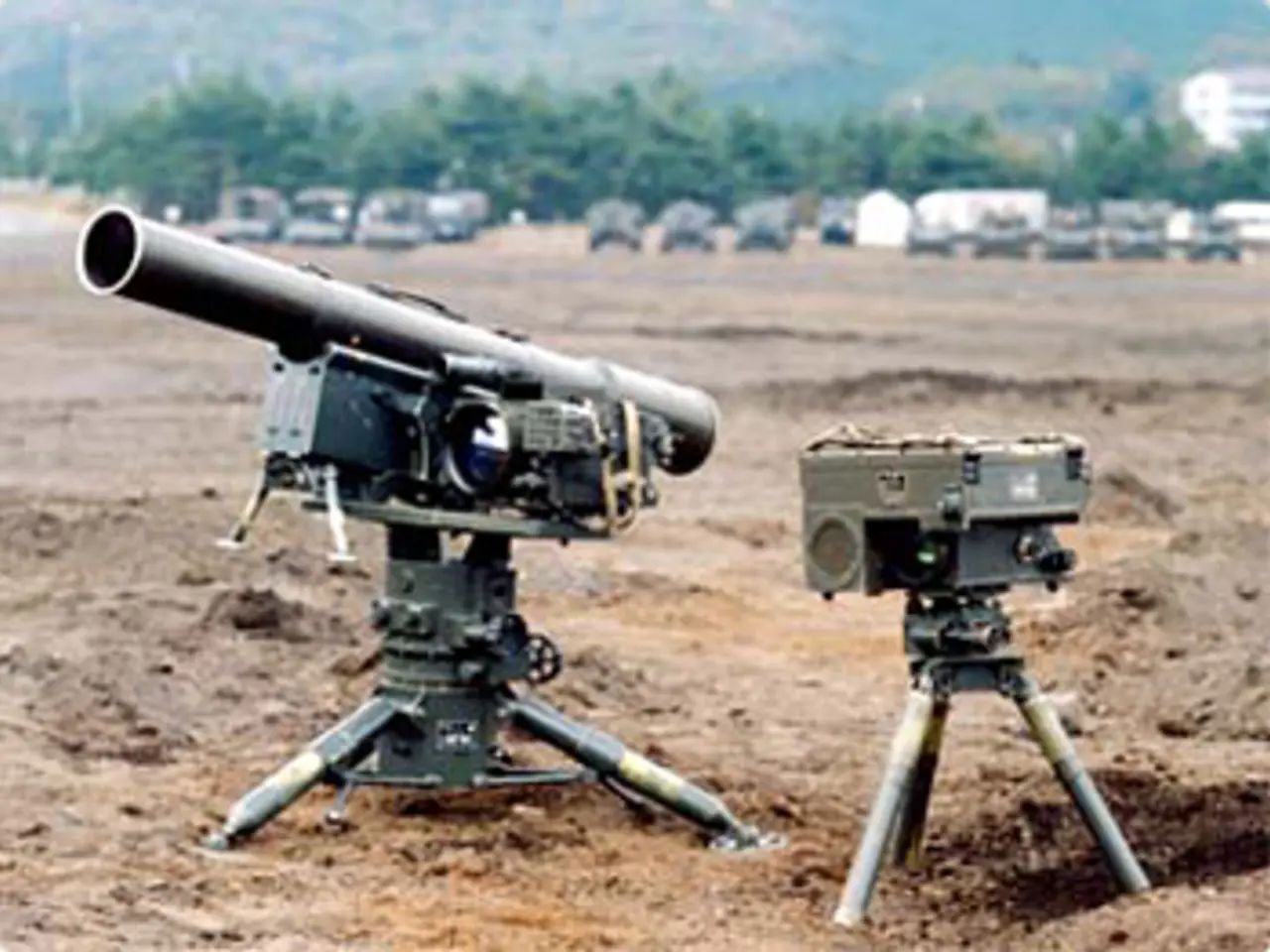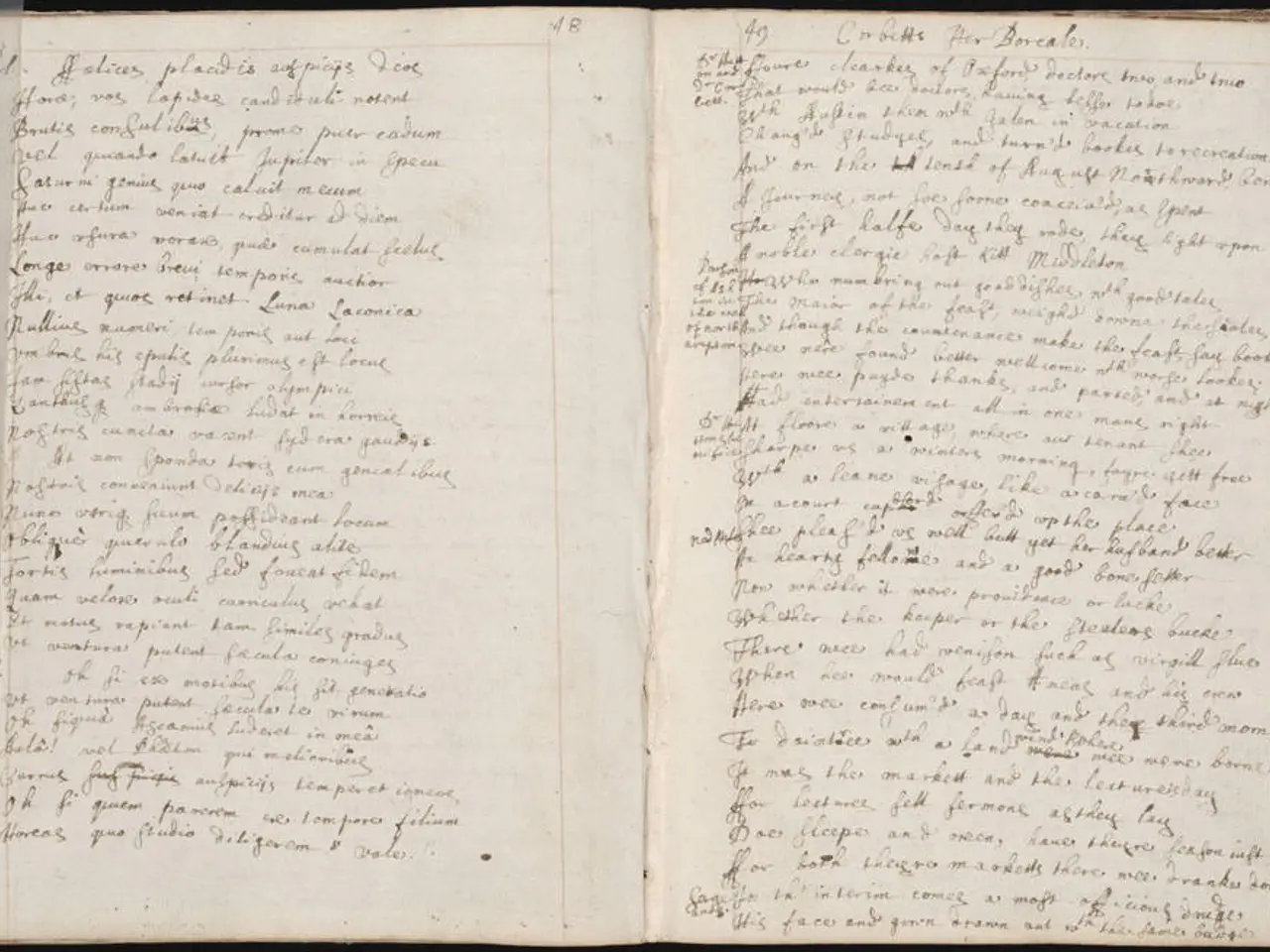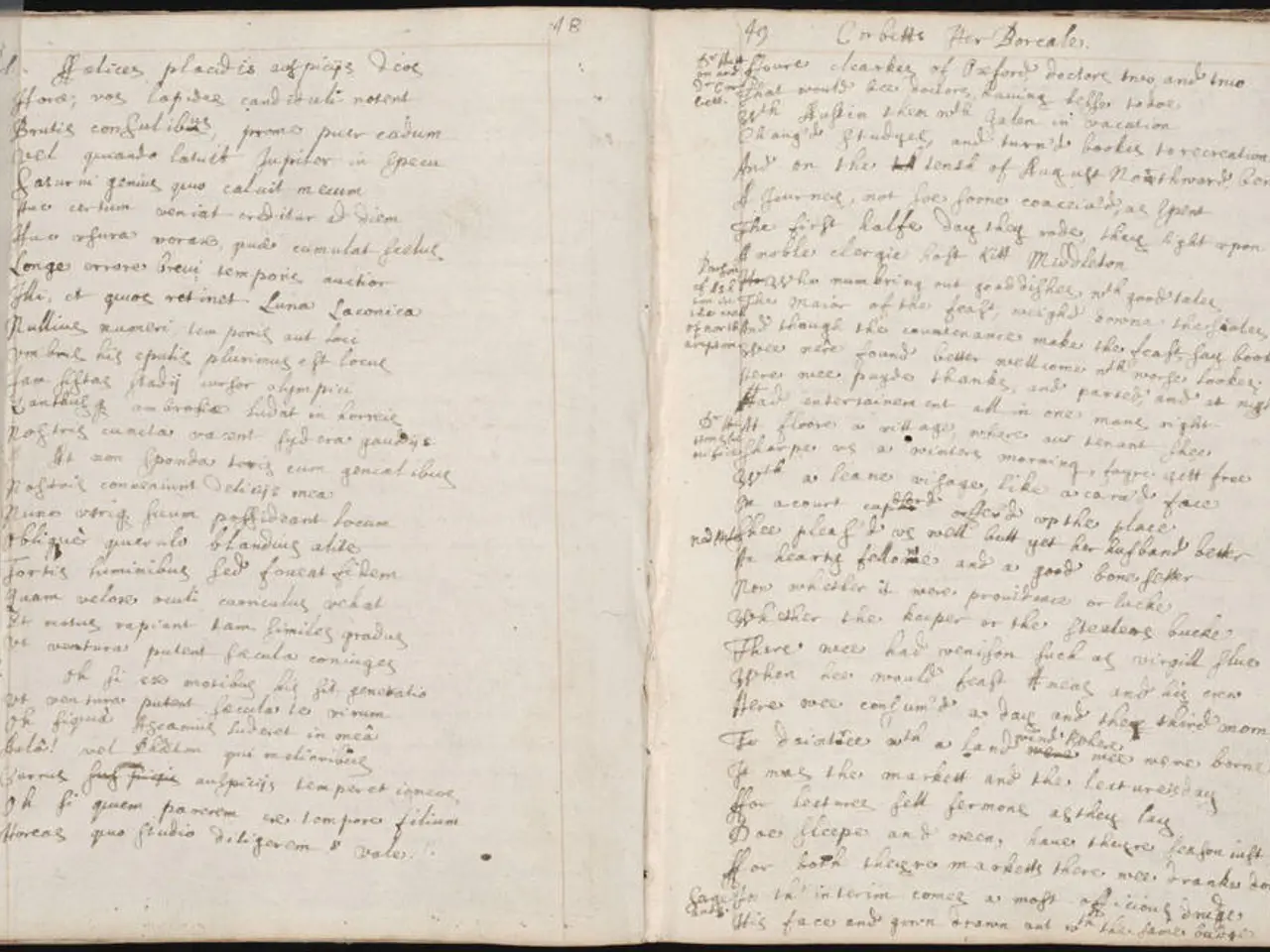Executions in Saudi Arabia are surging at an alarming rate
In a stark contrast to the progressive image that Saudi Arabia projects worldwide, Amnesty International has exposed a dark and deadly reality hidden beneath the surface. The human rights organisation's recent reports reveal an alarming increase in executions in the kingdom, particularly involving foreign nationals convicted of drug-related offenses and other charges.
Between January 2014 and mid-2025, around 1,800 people were executed in Saudi Arabia, with nearly one-third of these executions related to drug crimes. Strikingly, approximately 75% of those executed for drug offenses were foreign nationals, mainly from countries like Pakistan, Syria, Jordan, Yemen, Egypt, and Somalia.
In June 2025 alone, Saudi Arabia executed 46 people, 37 of whom were convicted on drug-related charges. These executions often followed grossly unfair trials, according to Amnesty International's examination of cases involving foreign nationals from Egypt, Ethiopia, Jordan, Pakistan, and Somalia.
Beyond drug offenses, the death penalty has also been applied for political reasons, including against members of the Shia minority and activists. For example, journalist Turki al-Jassir, who reported on women’s rights and corruption, was executed after being charged with "terrorism" and endangering national security.
Despite Saudi Arabia’s efforts to project a progressive image and attract tourism and investment, the reality remains grim, with record-high executions in recent years. Last year saw the highest number of executions in over three decades, totaling 345. Amnesty International has called on Saudi authorities to impose a moratorium on executions and work towards abolishing the death penalty altogether.
The surge in executions, especially targeting vulnerable foreign nationals and political prisoners, has drawn strong international condemnation and highlights continuing human rights concerns in Saudi Arabia. Despite the government's announcement that it would no longer use the death penalty in some cases, Saudi Arabia faces international criticism for its practice.
Key Points:
- Total executions (2014-mid 2025): About 1,800 - Executions for drug crimes: Nearly 600 (about one-third) - Foreign nationals in drug cases: Around 75%, mainly from Pakistan, Syria, Jordan, Yemen, Egypt, Somalia - Political executions: Included Shia minority and dissenting activists like journalist Turki al-Jassir - Highest executions in decades: 345 in 2024 - Amnesty International stance: Calls for moratorium and abolition of death penalty
References: [1] Amnesty International, "Saudi Arabia: Executions surge amidst calls for moratorium," 2022. [2] Amnesty International, "Saudi Arabia: Executions of foreign nationals for drug crimes alarming," 2025. [4] Amnesty International, "Saudi Arabia: Record number of executions in 2024," 2025.
- The revelation of the alarming surge in executions in Saudi Arabia, particularly targeting foreign nationals and political dissidents, has prompted calls for a change in the nation's employment policy to prioritize human rights and implement a moratorium on the death penalty.
- The distressing increase of executions for drug offenses in Saudi Arabia, mostly affecting foreign nationals from countries like Pakistan, Syria, Jordan, Yemen, Egypt, and Somalia, is a matter of general news and raises concerns about the kingdom's adherence to international standards of crime and justice and community policies during employment and conflicts.








